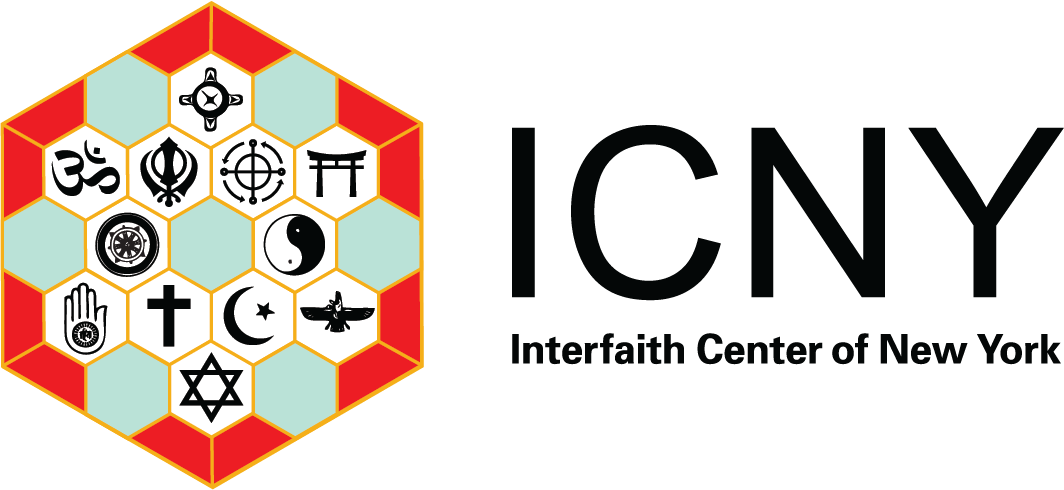Academic Resources and Facilities

The Religious Worlds of New York summer institute will be held on the campus of Union Theological Seminary — the oldest, and arguably the premier, independent graduate school of theology in the United States. Summer scholars will have a full complement of academic resources at their disposal, including the support of research librarians at Union’s Burke Library, the largest theological library in the western hemisphere, and Columbia’s Butler Library, which has particular strengths in history, literature, and philosophy. As students in a non-degree program, summer scholars will not have borrowing privileges at Burke or Butler, but they will have access to all physical and electronic library materials and resources. Summer scholars will also have IT support, use of UTS’s computer lab (with free printing), and wireless internet throughout the campus.
Beyond Union’s doors lies a vibrant neighborhood of leading academic and cultural institutions, including Columbia University, Teachers College, and the Jewish Theological Seminary, as well as a wide range of restaurants and cafes, scenic Riverside Park, and easy access to subway and bus service. Beyond the immediate neighborhood lies all the excitement and diversity of New York City. An ethnographic engagement with the religious life of the city will be the Religious Worlds institute’s most important academic resource.
Graduate Credit from Union Theological Seminary
Upon successful completion of the Religious Worlds institute, summer scholars will be eligible to receive three graduate credits from Union Theological Seminary (the equivalent of a semester-length UTS course). Summer scholars will need to pay UTS fees for these credits, and the NEH does not provide funding for these costs. The fee for three graduate credits will be $1,920 (a 50% discount from the standard UTS fee of $1,280 per credit).
Please note, however, that you are not required to enroll in the Religious Worlds institute for credit. These credits are made available, on an optional basis, for the professional development of summer scholars. All summer scholars who complete the institute will receive a formal certificate of completion from the National Endowment for the Humanities.
